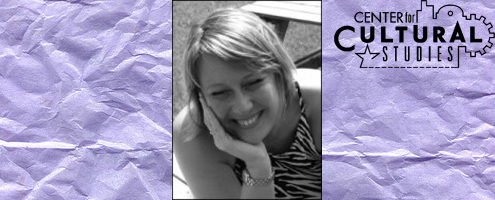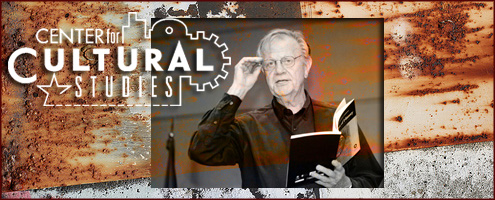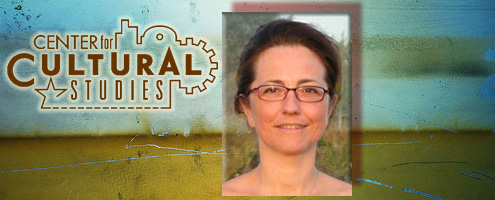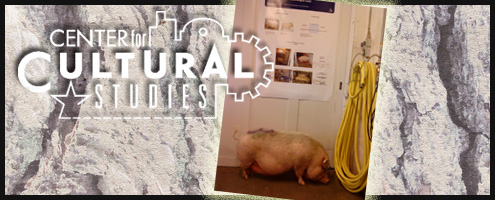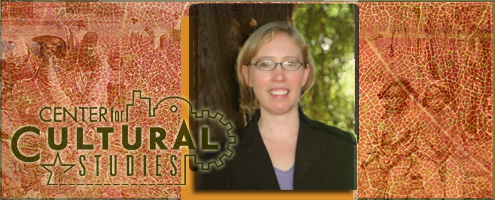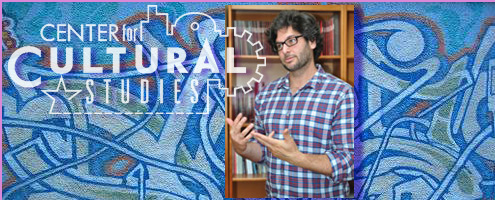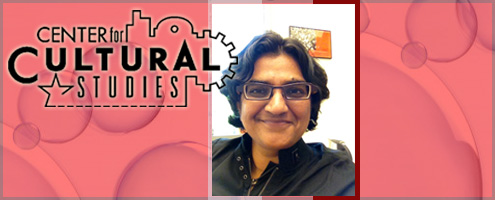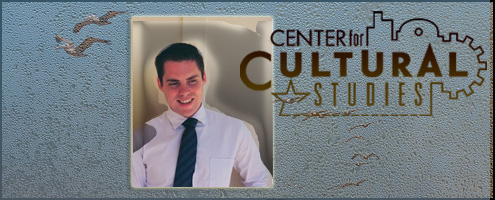An historian of Islamic South Asia and the Indian Ocean world, Elizabeth’s research focuses on the mobility of people, things and ideas in the medieval and early modern periods. Elizabeth is also interested in issues of periodization and the need for dialogue and thinking across the pre-Modern/Modern/Contemporary divides.
Uncategorized
April 4 Hayden White: “Fictions of the Holocaust”
Professor White serves as American Representative
of Pasts, Inc. Narrative Therapy:
“Get the Past You Deserve.” He wears the
title Philologian, the division of the American
Academy of Arts and Sciences into which he
was inducted after being rejected by both the
history and literature divisions.
Hayden White is an Emeritus University Professor of Historical Studies at UCSC.
April 11 Isabelle Delpla: “How to Conceptualize Extreme Evil: Eichmann’s Trial & Modern Theodicies”
Professor Delpla focuses on the relation
between philosophy and anthropology in
theorizing international ethics and justice.
Her work on postwar Bosnia deals with the
Srebrenica massacre, the reception of the International
Criminal Tribunal and the status
of victims and witnesses.
Isabelle Delpla is an Assistant Professor of Philosophy at the University of Montpellier III.
April 18 Eva Vibeke Kofoed Pihl: “Pig Patients and their Personalities”
What makes animal technicians describe a
pig as “depressed,” “a rebel” or “girly”? How
do scientists get pigs to mimic human patients
biologically and become sources of information
on human health? Professor Pihl discusses
human/pig becomings in biomedical
research, focusing on apparatuses and spaces.
Eva Vibeke Kofoed Pihl is a PhD Fellow at the Center for Medical Science and Technology
Studies, University of Copenhagen as well as a Visiting Fellow at The Science and Justice Working Group at UCSC.
April 25 Pedro Di Pietro: “Decolonizing Queer Space: Race, Sexuality and the Production of the Real”
Professor Di Pietro examines the production
of queer spaces in the Andes and their
diasporic dispersal in the Americas. He also
examines geopolitical linkages between subaltern
queerness and vernacular spirituality
among Latino/as in the U.S., weaving regional
epistemologies of sex/gender/desire together
with a critique of the human/non-human
distinction and its ethico-political aftermath
across ethnic, gender, and queer studies.
Co-sponsored by the Department of Latin American and Latino Studies and the Critical Race and Ethnic Studies Research Cluster.
Pedro Di Pietro is a Visiting Assistant Professor and Mellon Postdoctoral Fellow
in the Humanities and Townsend Fellow at UCB, as well as a Research
Affiliate at the Center for the Interdisciplinary Study of Philosophy,
Interpretation, and Culture at Binghamton University.
May 2 Catherine Jones: “Children and the Problem of Agency”
Excluded from favored liberal remedies for
realizing new freedoms in postemancipation
Virginia, children nevertheless shaped broad
Reconstruction contests over the meaning of
freedom. This paper focuses on children in
order to consider whether liberal assumptions
embedded in the idea of agency have excessively
narrowed historians’ analysis of postemancipation
politics.
Sponsored by The Institute for Humanities Research (IHR) at the University of California, Santa Cruz
Catherine Jones is an Assistant Professor of History at UCSC.
May 9 Loren Goldman: “Vaclav Havel and the Politics and Practice of Hope”
Professor Goldman is a political theorist
whose work concerns the intersection of
utopian thought and political agency. He is
currently completing a book manuscript on
the concept of political hope in the modern
period from Kant to Dewey.
Co-sponsored by The Politics Department
Loren Goldman is a Visiting Assistant Professor, a Mellon Postdoctoral Fellow
in the Humanities, and a Townsend Fellow at UCB.
May 16 Kate Brown: “Dismantling the Plutonium Curtain: Local Knowledge and the Great Soviet and American Plutonium Disasters”
Modern utopias and nuclear wastelands come
together in Professor Brown’s “Plutopia”
about the first two cities in the world to produce
plutonium—Richland, Washington and
Ozersk, Russia. New postwar communities
of high-risk affluence alongside plutonium
disasters and public health catastrophes were
thus created on two of the world’s most radiated
landscapes.
Co-sponsored by The History Department and The Anthropology Department.
Kate Brown is an Associate Professor of History in the University of Maryland,
Baltimore.
May 23 Anjali Arondekar: “Orienting Margins: Sexuality’s Geopolitics”
Histories of sexuality routinely mediate geopolitical
difference(s) through the narrative
forms of marginality, disenfranchisement and
loss. What happens if we shift our attention
from the reading of sexuality as marginality
to understanding it as a site of vitalized
abundance–even futurity?
Anjali Arondekar ia an Associate Professor in Feminist Studies at UCSC.
May 30 Michael Ursell: “Surviving Humanism: Petrarchan Autobiography and Ecology”
While critics have dismissed an image of the Renaissance humanist Petrarch as a nature lover, this talk reconsiders a poetics of the living in his work. Professor Ursell looks at how Petrarch’s “life writing” and “life reading” have been understood in relation to global ecology and world literature.
Michael Ursell is a Visiting Assistant Professor in Literature at UCSC.

